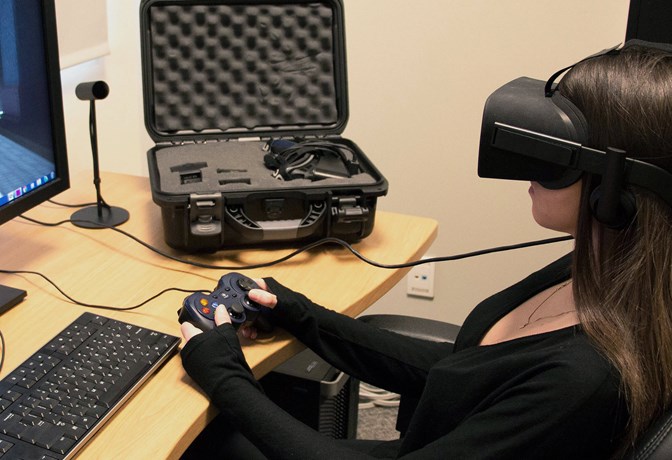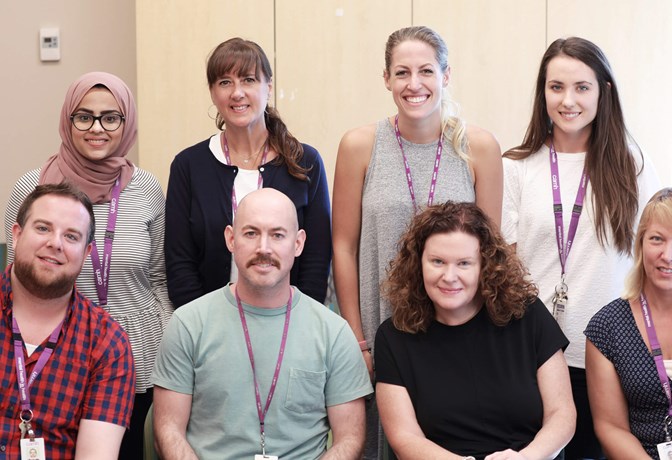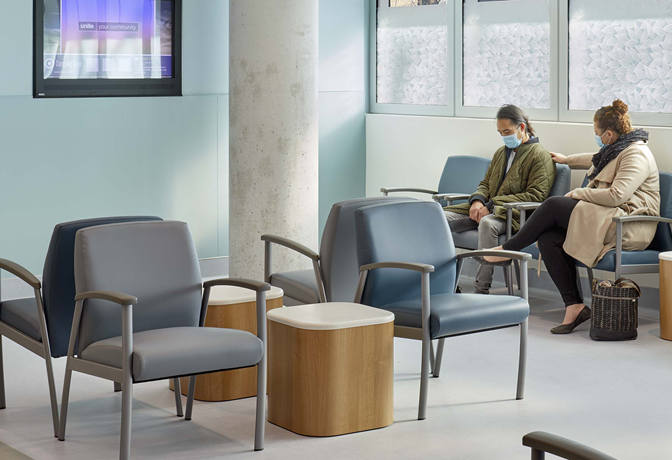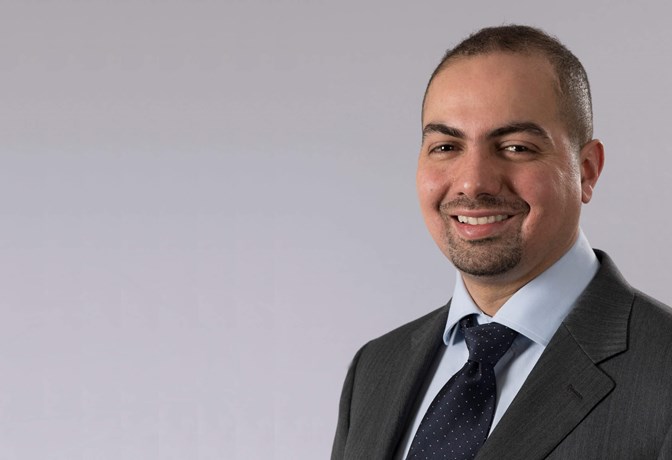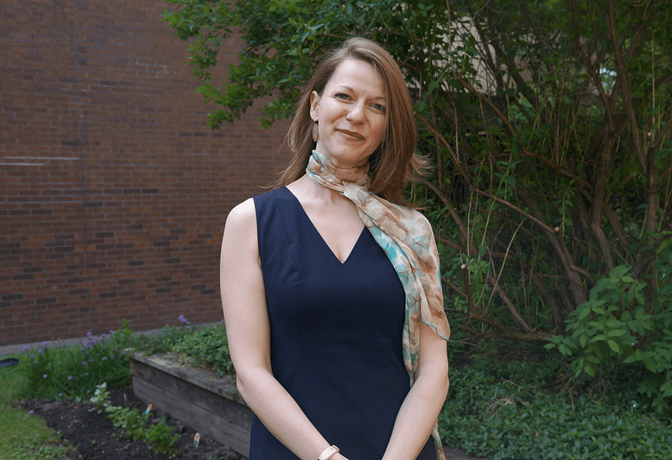So they started stealing. At first it was stealing from stores and cars to take whatever of value they could find. By the end of their crime spree, they were taking the whole car.
Then they got caught. They were always going to get caught.
That was the moment when their lives could have gone either way.
They were offered an opportunity to participate in what is known as the Drug Treatment Court (DTC), a multi-faceted partnership between CAMH and the justice system which brings together a team of judges, federal and provincial crowns, duty counsel and probation services that offers supervised drug treatment as an alternative to prison for people whose criminal conduct was motivated by drug addiction.
“A woman from the DTC said we can bring you in for treatment today and get you help,” Joshua recalls. “I was like, ‘I’m fine, I don’t need no help. But then I’m looking around and I’m in a jail cell and I’m like “Hold on a second.”
They both went into the program and started working with clinicians and peer support workers at CAMH.
That was supposed to be the happily ever after part. But over the next three years, they practically dared CAMH to kick them out of the program and send them back to jail. Relapses, missed appointments. Deeply seated fears that they were just a lost cause that CAMH was wasting its effort on.








